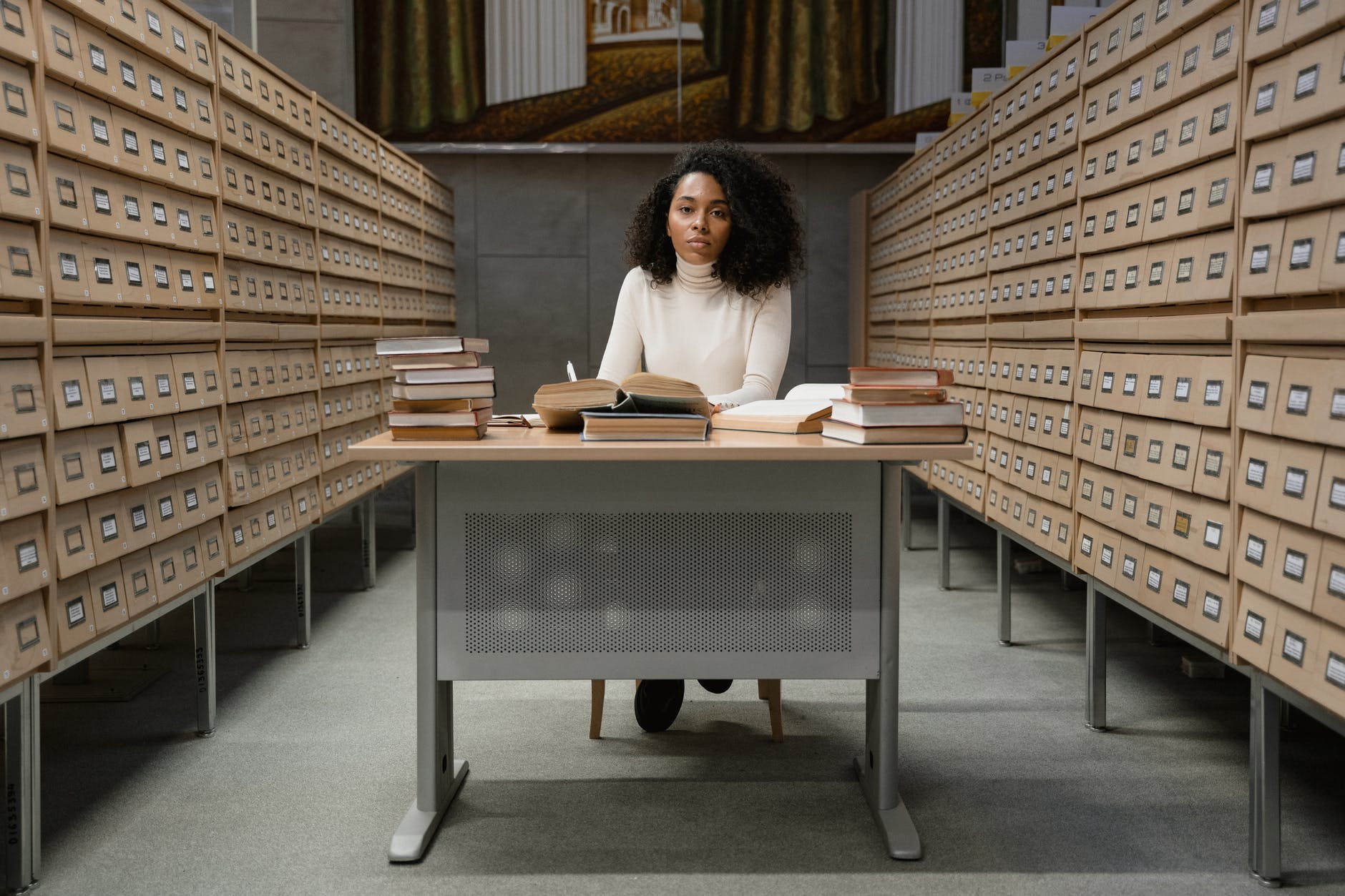
For how could you establish even the most obvious fact when there existed no record outside your own memory? ~1984
What do librarians do when there’s a war? In Ukraine, the president of the Ukrainian Library Association asserted that librarians must fight against misinformation and cyber attacks. Also, that librarians must do whatever they can to help. For some, that’s meant libraries becoming bomb shelters and teaching new skills, for other archivists and librarians that’s meant preserving digital collections while abroad, through a grassroots organization called SUCHO.
There’s a larger question of cultural history in the digital age though. Is there such a thing as saving so much that it then becomes inaccessible? Where does curation fit into the process? It also made me think of President Donald Trump carting off national documents to Mar-a-Lago in violation of the Presidential Records Act. The fight over the historical record is ongoing.
Librarians and archivists play a crucial role in cultural memory. If we physically or digitally erase records, how does one know the truth? We’ve already shifted to a “post-truth” world where some people believe conspiracy theories and lies over verifiable truth. Take away records and we’re that much closer to 1984. Digitizing creates access (for those with an internet connection), digital preservation can add another copy of a record or can help protect born-digital objects. But wars and natural disasters expose the fragility of cultural memory and that digitization is not “the answer” but another tool for archivists and librarians in the ongoing work of preservation and access.


